The EU and Belarus after the election
A weakened Lukashenka means it’s time the EU started talking to Russia

Senior Policy Fellow
Ukraine; comparative politics of democratisation in the post-Soviet states; political technology
English, Russian, Ukrainian, some Belarusian, conversational French
Andrew Wilson is a senior policy fellow at the European Council on Foreign Relations. His topics of focus include Ukraine, comparative politics of democratisation in the post-Soviet states, and political technology
Wilson is Professor in Ukrainian Studies at University College London. His book Ukraine Crisis: What the West Needs to Know was published by Yale in October 2014 in the UK and in November in the USA. He has worked extensively on the comparative politics of the post-Soviet states since 1990. His other books include Belarus: The Last European Dictatorship (2011), The Ukrainians: Unexpected Nation (Third edition, 2009), Ukraine’s Orange Revolution (2005) and Virtual Politics: Faking Democracy in the Post-Soviet World (2005).
A weakened Lukashenka means it’s time the EU started talking to Russia
President Lukashenka doesn't expect to lose the election being held in Belarus, but the great survivor knows that his basic strategy is under severe strain – both at home and abroad
The EU’s annual summit with Ukraine takes place with Brussels desperately searching for success stories in the Eastern Neighbourhood. The countries there are increasingly acting as balancers rather than joiners, treading a fine line between the EU and Moscow
The EU needs to build a trialogue on security with Russia and Turkey
Russian and EU leaders will gather in Rostov-on-Don for their bi-annual summit on 31 May ? 1 June. The geographical symbolism is not good: Rostov is only a few kilometres from Abkhazia and South Ossetia. The political mood leading up to the summit seems a little better.
The Ukrainian pendulum is swinging in the direction of Moscow. This is not necessarily just because of gas or economics. It could also be because Kiev feels Russia is a better long-term bet than the West, and that should be worrying a lot of people.
The tragic plane crash in Smolensk has brought Russia and Poland closer together. Emotions aside, what do they both want to gain from the rapprochement?
Eggs, smoke bombs and the Black Sea Fleet. Ukraine is back to playing the game it knows best: the balancing act between East and West.
The tragedy of the Smolensk plane crash has led to a strengthening of the rapprochement between Moscow and Warsaw. But is the reconciliation built upon more than a hug between Vladimir Putin and Donald Tusk?
President Yanukovych could be a ?Ukrainian Nixon’: Just as Nixon used his anti-communist credentials to pave his engagement with China, Yanukovych could use his pro-Russian credentials to reassure Ukraine’s Russian-speaking population while reaching out to Europe
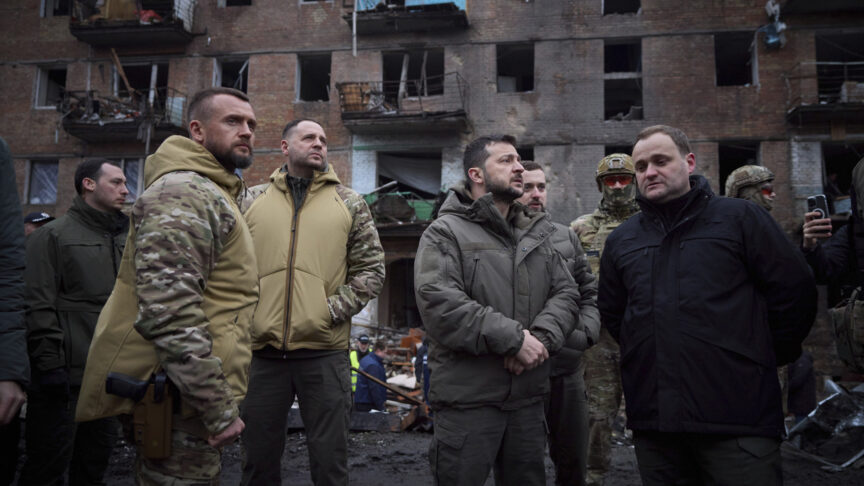
No clear postwar situation is likely to emerge in Ukraine. The country’s EU partners will have to help it reform during wartime.
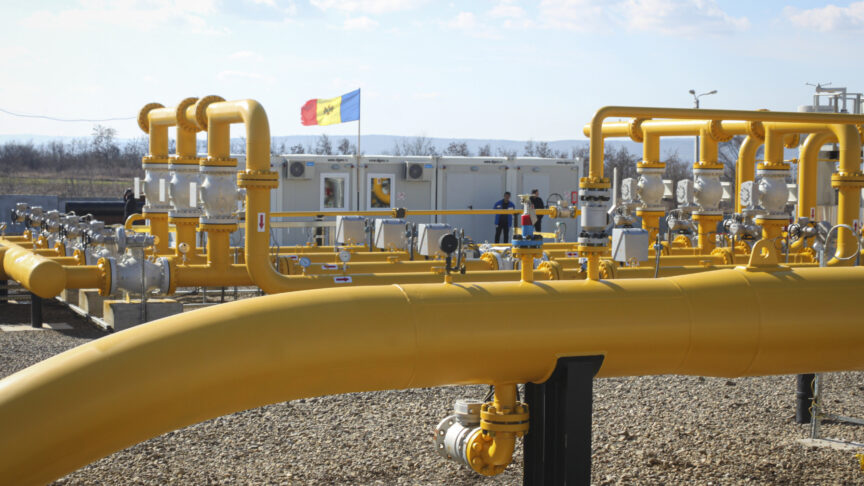
If Moldova can resist Russia’s weaponisation of gas and get through this winter, it should be able to make strong progress on its programme of reforms
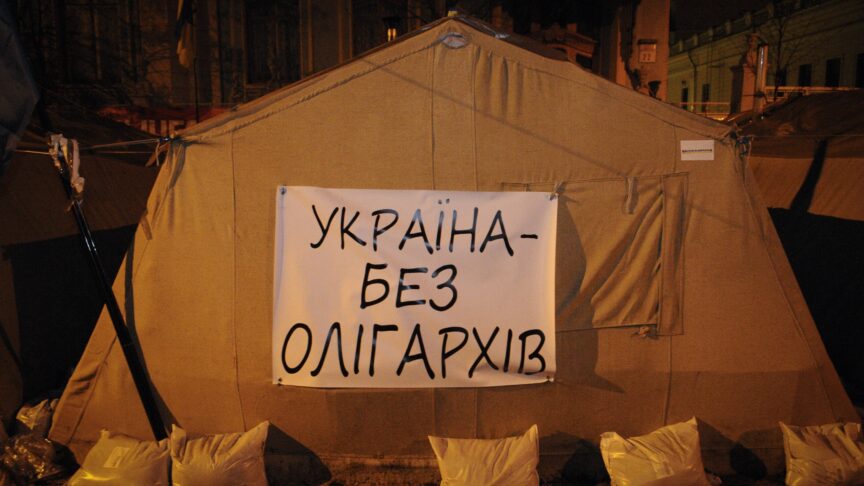
The campaign has encouraged Zelensky’s tendency towards governance through informal means. This has allowed him to act speedily – but it risks letting oligarchic influence return
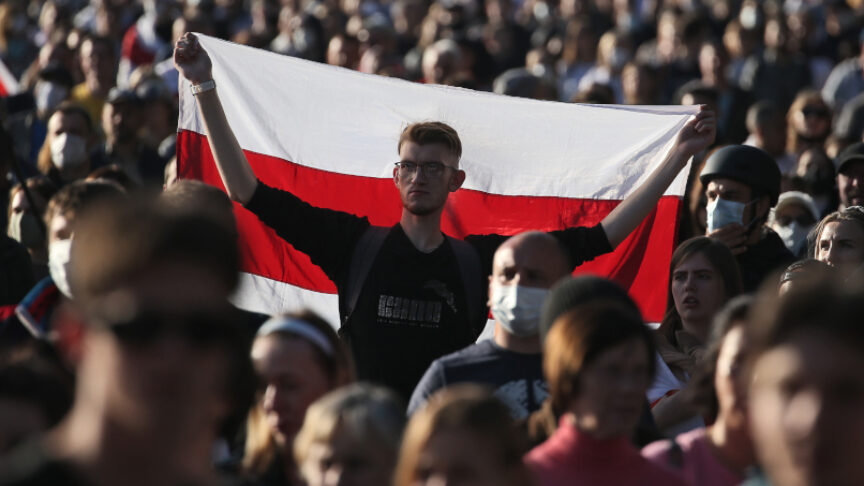
The EU should make use of its significant leverage in Georgia and Moldova to counter their ruling parties’ extensive repertoire of electoral dirty tricks
Introduction Volodymyrska Hill, Kyiv, on a June evening in 2019. Kyivans and tourists stroll along the riverside park’s newly relaid paths, many wending their way…
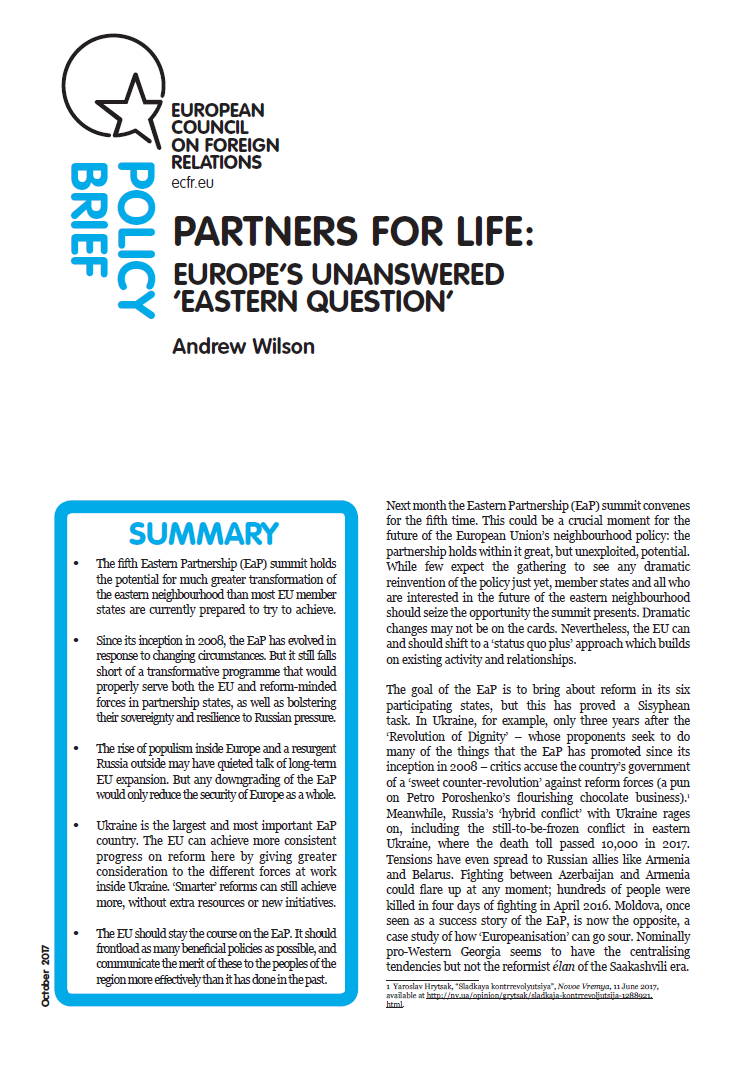
Dramatic change may not be on the cards, but the EU can and should shift to a ‘status quo plus’ approach that builds on existing activity
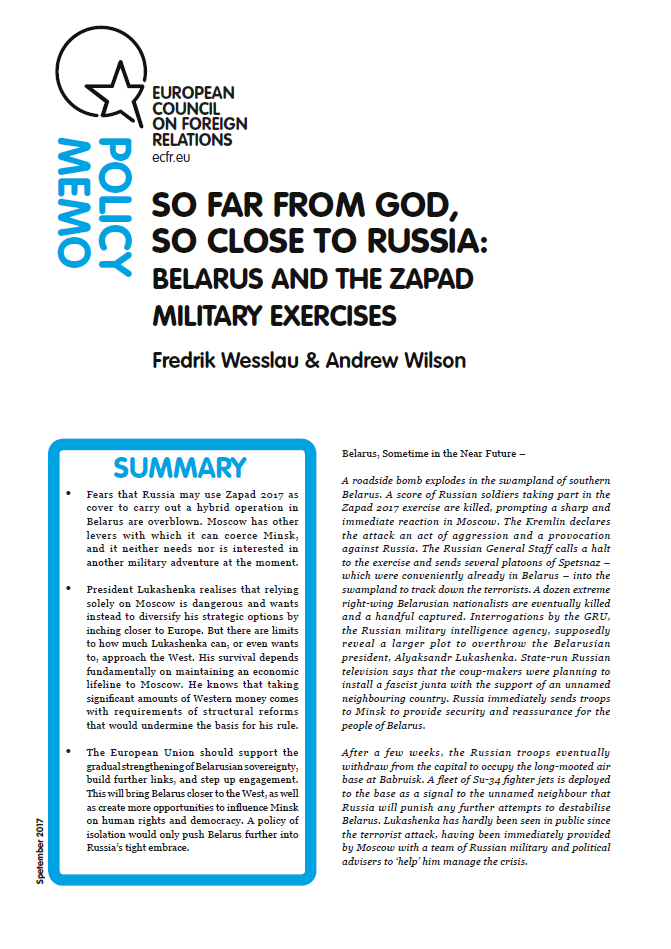
Renewed Minsk-Moscow cooperation in the ‘Zapad’ war games should not see the door to Belarus closed
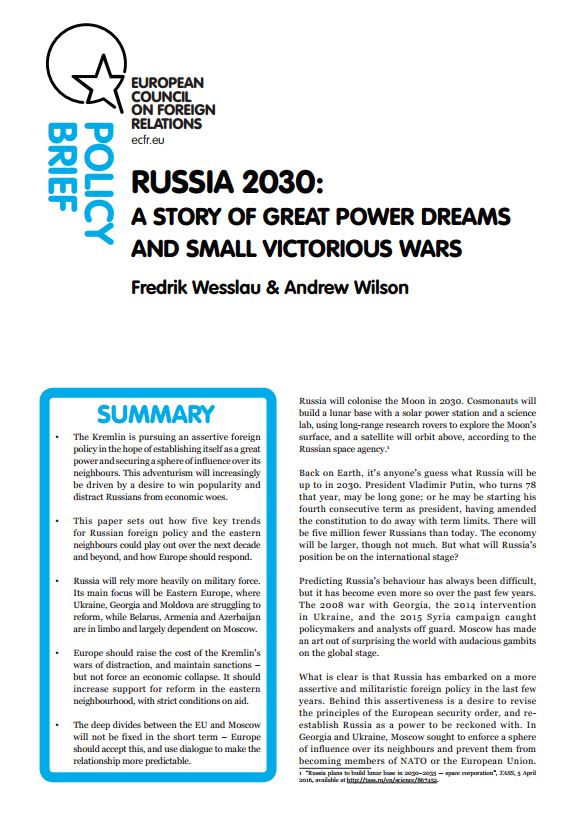
The future of Europe’s relations with Russia looks bleak as the Kremlin pursues an increasingly aggressive foreign policy
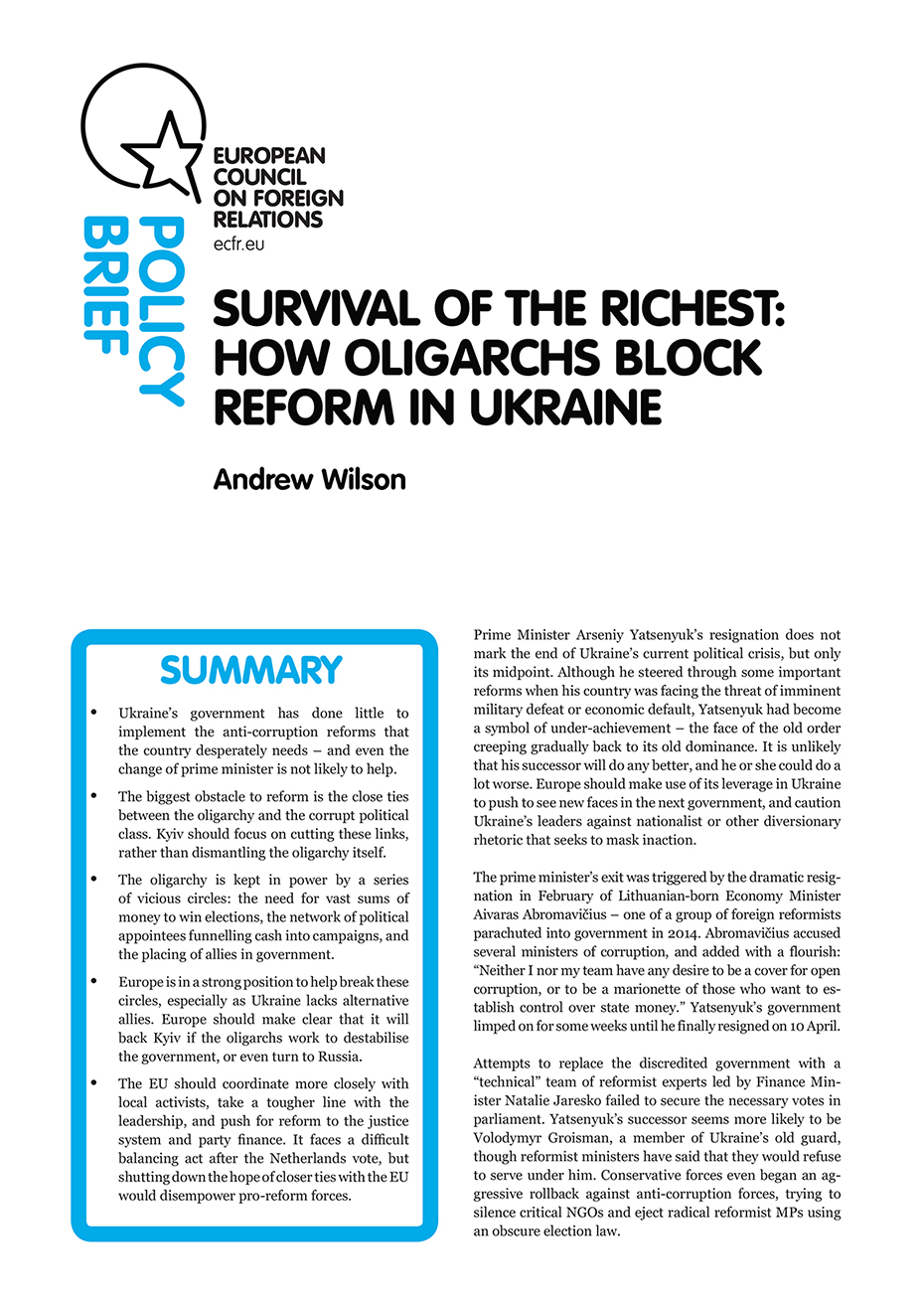
The penetration of Ukrainian politics by the super-rich oligarchy still forms a major obstacle to reform
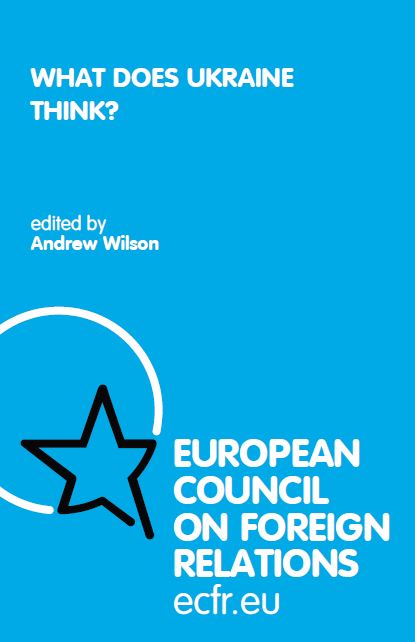
Ukrainian experts on war, politics and national identity
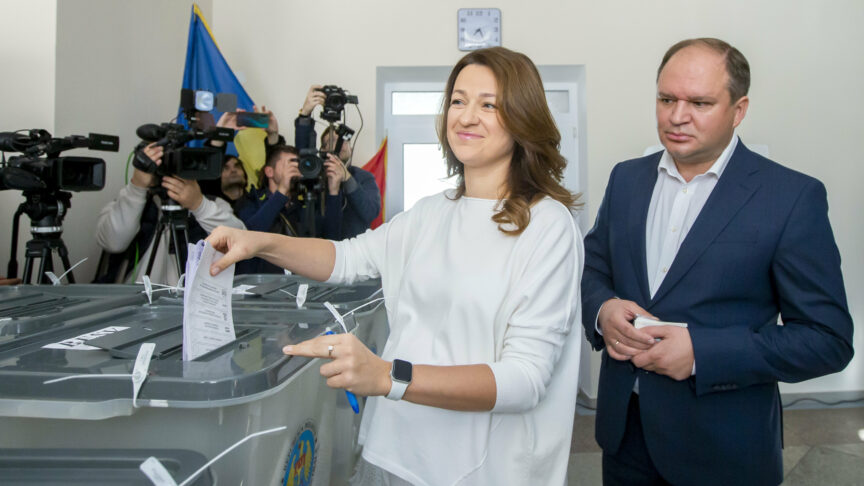
Moldova’s recent local elections faced unprecedented levels of Russian interference. In the lead up to the presidential election next year, the EU should help Moldova counter these threats before it’s too late
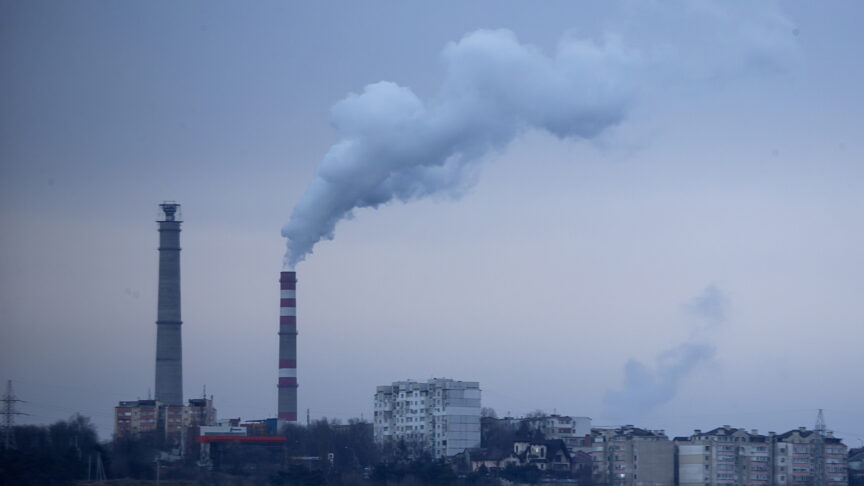
Moldova’s total dependence on Russian gas makes it a key front in Moscow’s hybrid war. The EU should help Moldova diversify its energy supplies to prevent further destabilisation.
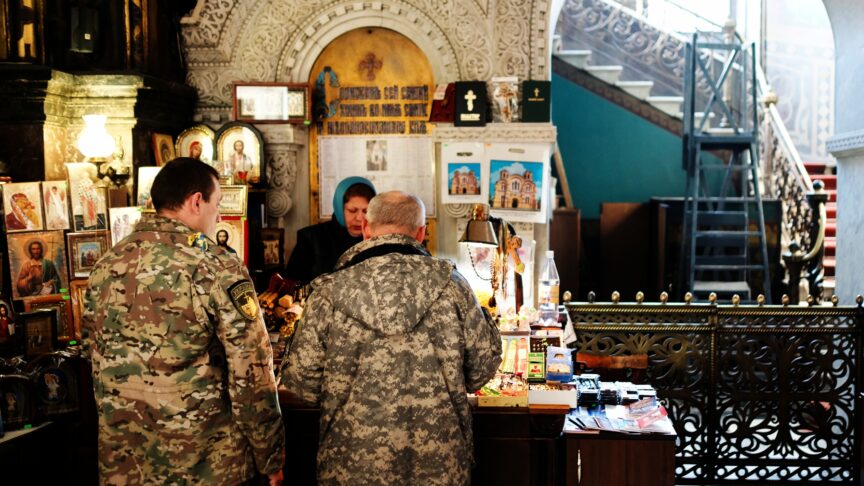
In Ukraine and North Macedonia, the Orthodox Church is facing deep, even violent, splits, on the one hand; and is edging closer to resolving decades-old disputes, on the other
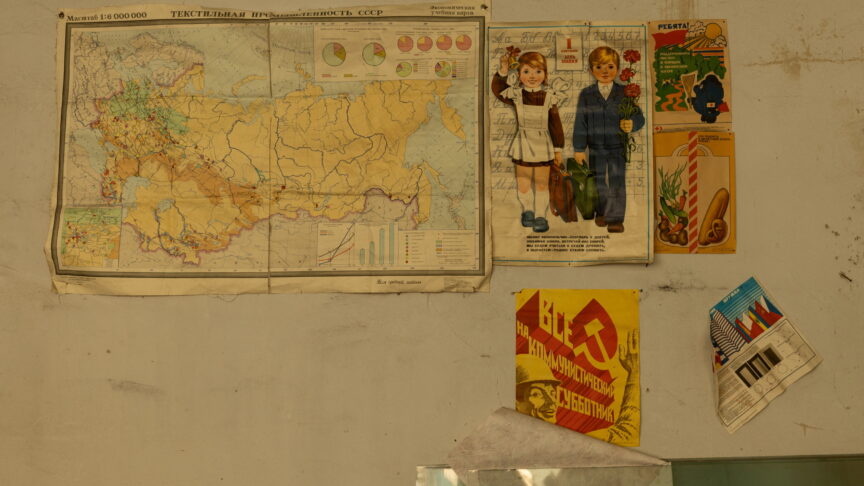
Russia sees two types of sovereignty in its civilisational space. Full Westphalian sovereignty – which it believes it has and Ukraine does not. This means that defending Ukraine means defending its sovereignty in full.
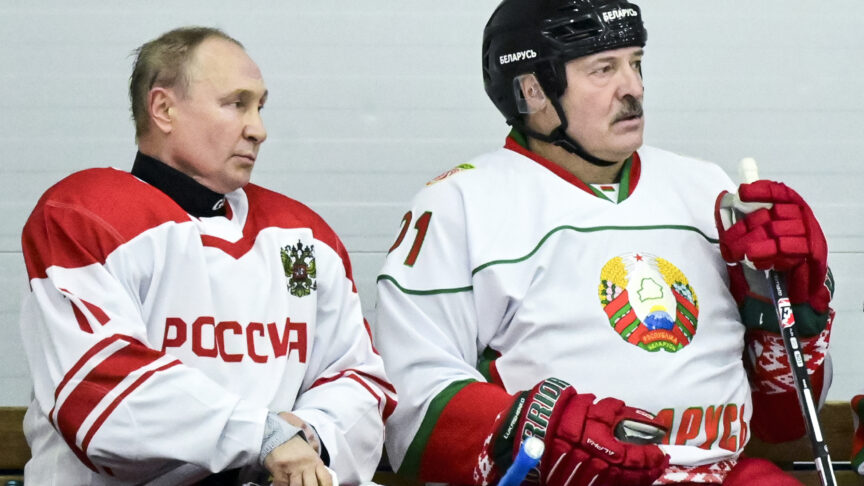
Lukashenka is complicit in Russia’s war on Ukraine. But this should not stigmatise members of the Belarusian democratic movement – who need more support than they are receiving.
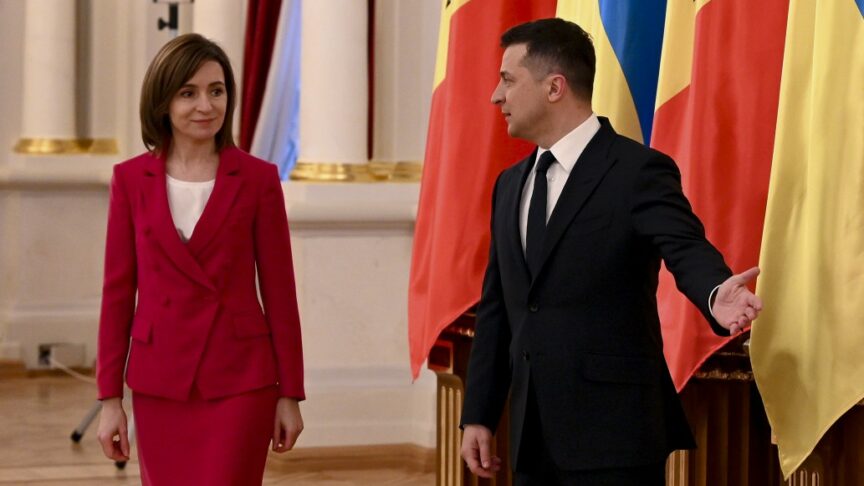
Relations between Moldova and Transnistria seem to be losing some of their traditional hostility. But, if Russia is in a hurry to achieve a public relations victory in Moldova, Chisinau will find it difficult to make progress in talks with the Transnistrian authorities.
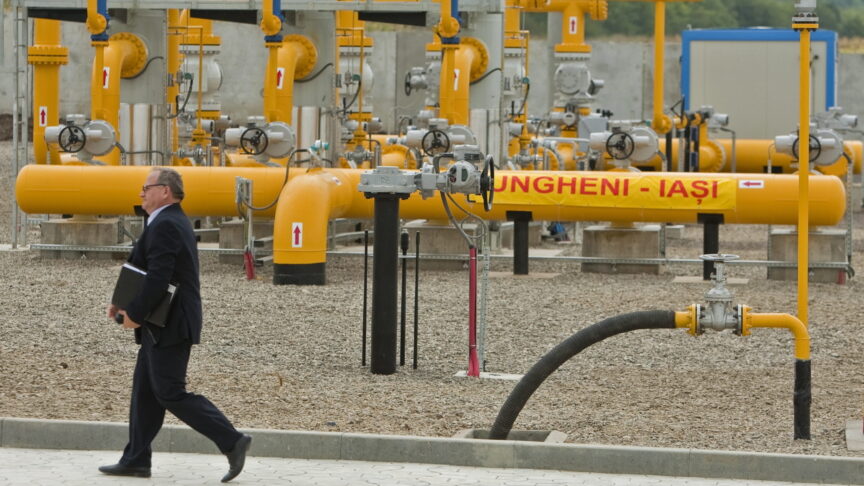
The EU should learn from Moldova’s response to its gas crisis. It would be a mistake to link Russian concessions on energy prices to talks in areas such as trade policy.
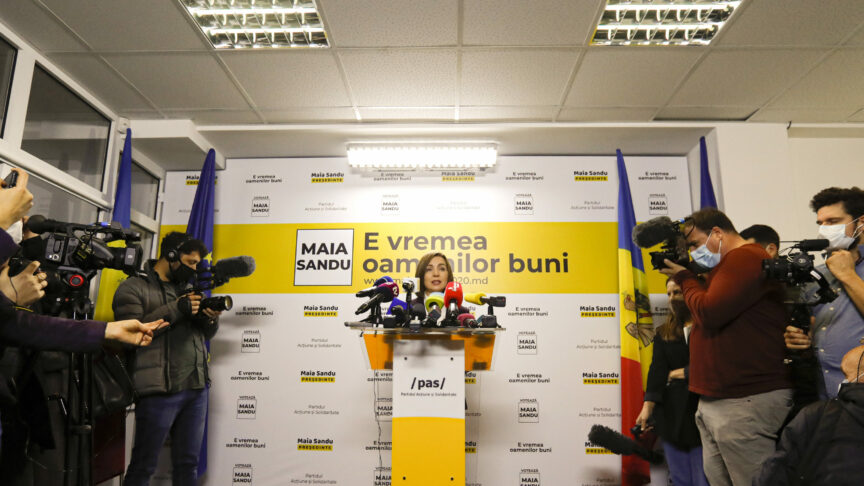
Recent elections have seen Georgia’s ruling party dig in, while Moldova’s has lost the presidency
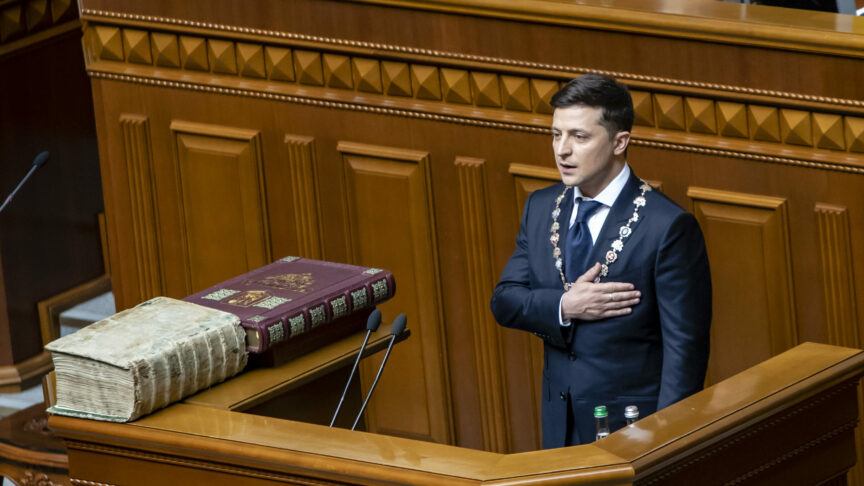
President Volodymyr Zelensky could violate the constitution as he tries to prevent the Constitutional Court from dismantling governance reforms
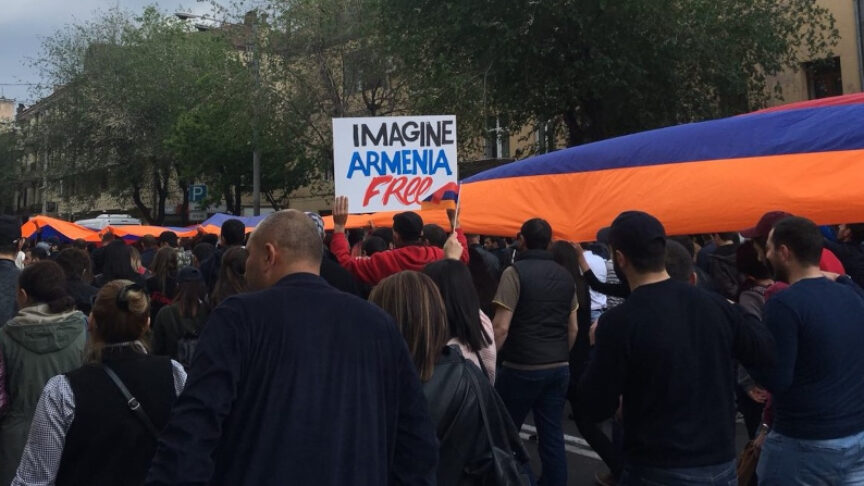
Russia’s goal in its neighbourhood is to regain influence, not to be surrounded by neutral, self-sufficient buffer states
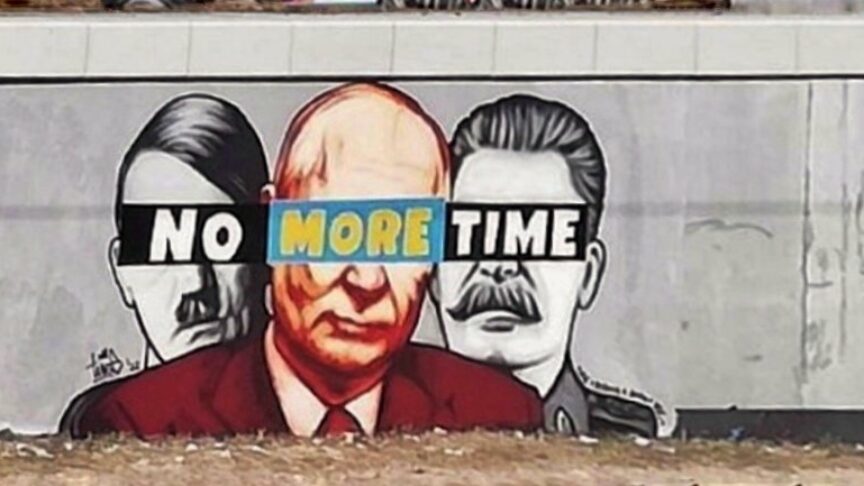
What concepts define Ukrainian history and identity, and how is this important in understanding Ukraine’s response to the Russian invasion?
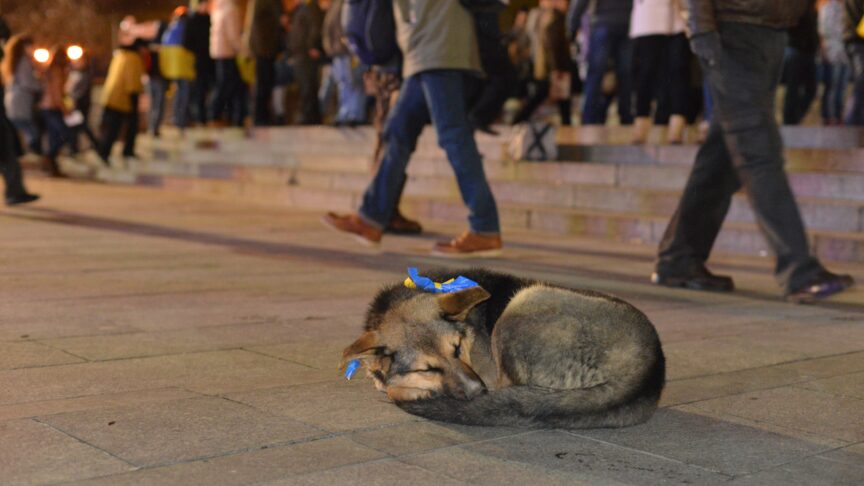
What can and should the EU do to support Ukrainian sovereignty?
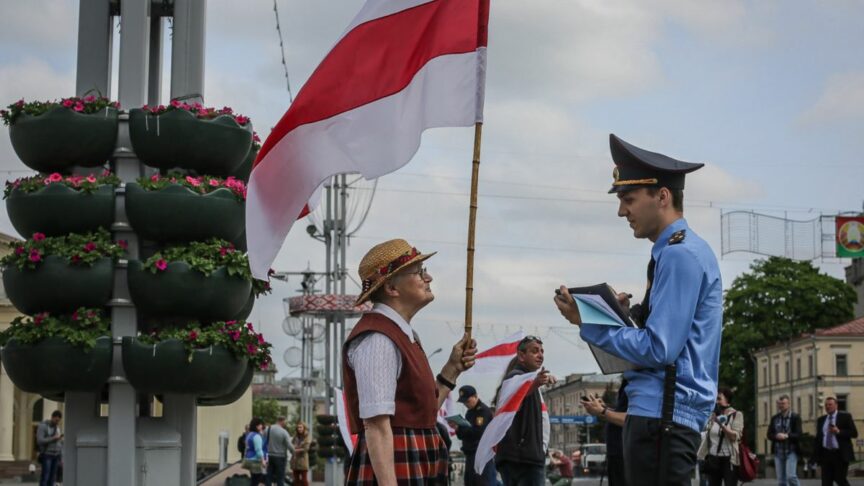
What kind of implications do the developments in Belarus have for the wider neighbourhood and Europe?
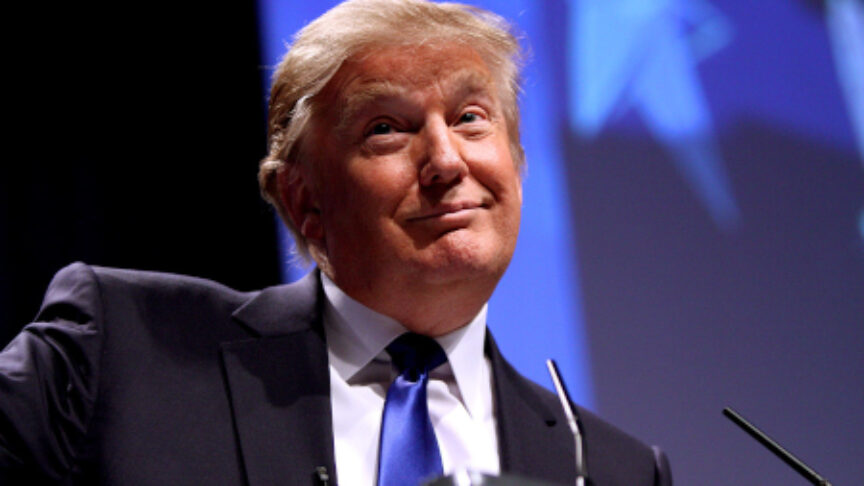
Although US President Donald Trump’s efforts to undermine the election are shameless, they are still more subtle than the outright election rigging that one finds…
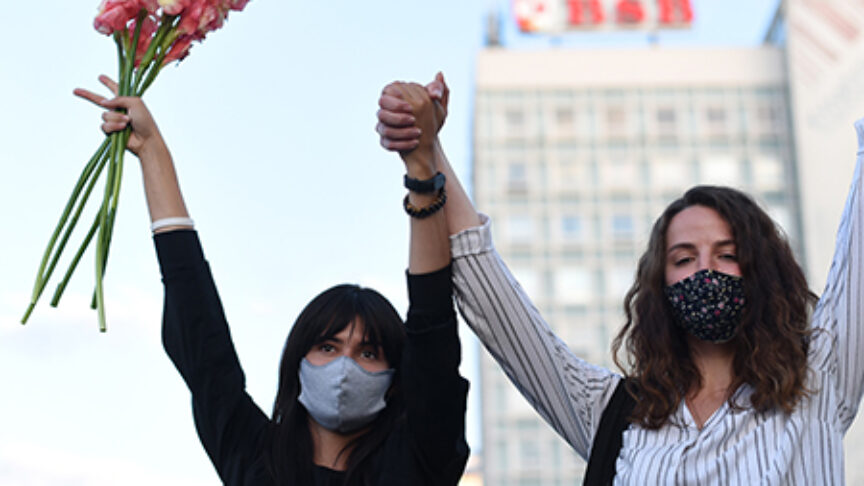
In this week’s episode, Jeremy Shapiro stepped in as host and welcomes senior policy fellows Kadri Liik and Andrew Wilson as well as political scientist…
Mark Leonard speaks with Andrew Wilson, Kadri Liik and Nicu Popescu about the Kerch Strait ship capture, what this means and how the international community…
ECFR’s director Mark Leonard discusses peacekeeping in Ukraine and the EU's Russia policy with ECFR's Russia expert, Kadri Liik and ECFR's Ukraine expert Andrew Wilson
Discussion avec Andrew Wilson, senior policy fellow du programme Wider Europe de l'ECFR et Mathilde Ciulla, coordinatrice du bureau de Paris de l'ECFR,…
Podcast de la conférence “L’Union européenne et le Partenariat oriental” du 19/10 à la Maison de l'Europe de Paris avec Andrew Wilson, senior…
ECFR’s director Mark Leonard speaks with experts Andrew Wilson, Fredrik Wesslau and Gustav Gressel, about rising tensions between Russia and Ukraine in the Donbass, the Minsk agreement,…
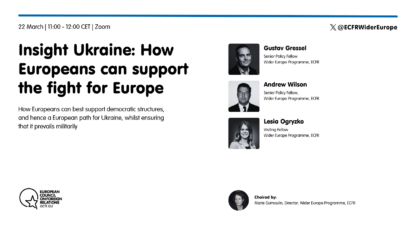
In challenging times for Ukraine, despite public appraisals following the second anniversary of the Russian invasion of Ukraine and the ten-year mark of the Russian…